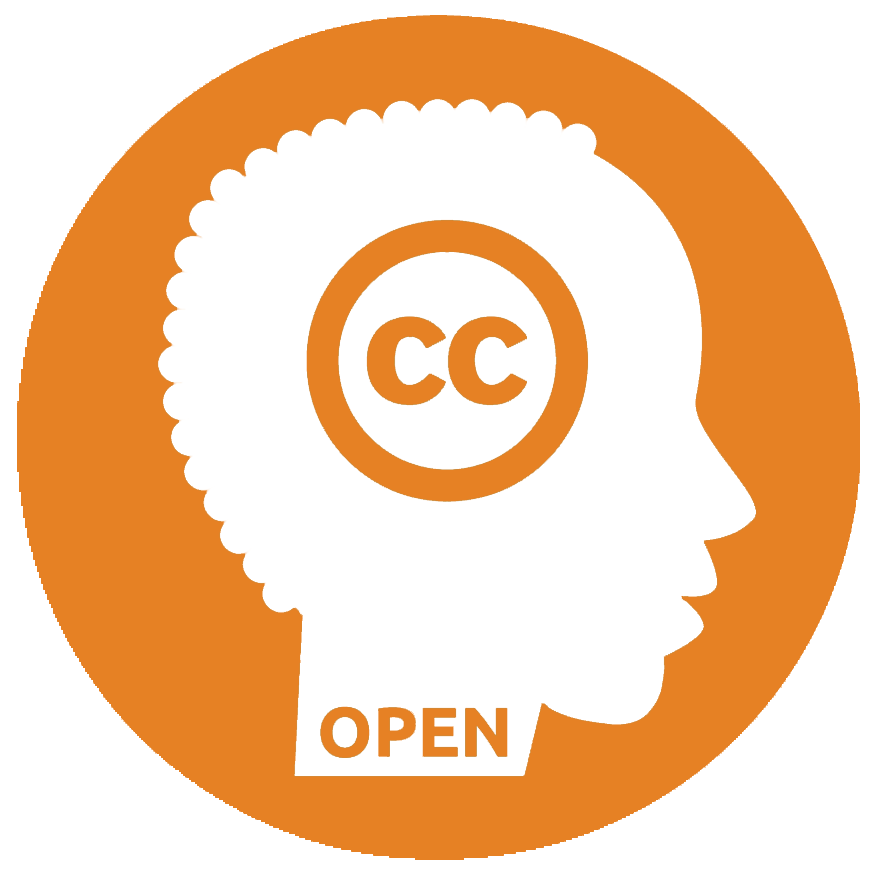Full Library
Effectiveness of Intelligent Tutoring Systems: A Meta-Analytic Review
Resource type
Journal Article
Authors/contributors
- Kulik, James A (Author)
- Fletcher, J D (Author)
Title
Effectiveness of Intelligent Tutoring Systems: A Meta-Analytic Review
Abstract
This review describes a meta-analysis of findings from 50 controlled evaluations of intelligent computer tutoring systems. The median effect of intelligent tutoring in the 50 evaluations was to raise test scores 0.66 standard deviations over conventional levels, or from the 50th to the 75th percentile. However, the amount of improvement found in an evaluation depended to a great extent on whether improvement was measured on locally developed or standardized tests, suggesting that alignment of test and instructional objectives is a critical determinant of evaluation results. The review also describes findings from two groups of evaluations that did not meet all of the selection requirements for the meta-analysis: six evaluations with nonconventional control groups and four with flawed implementations of intelligent tutoring systems. Intelligent tutoring effects in these evaluations were small, suggesting that evaluation results are also affected by the nature of control treatments and the adequacy of program implementations.
Pages
37
Date
2016
Language
en
Library Catalogue
Zotero
Citation
Kulik, J. A., & Fletcher, J. D. (2016). Effectiveness of Intelligent Tutoring Systems: A Meta-Analytic Review. 37. https://doi.org/10.3102/0034654315581420
Outcome measure
Instructional domain (subject)
Moderating variables
Tech Software
HIC/LMIC
Geography if specific
Link to this record

